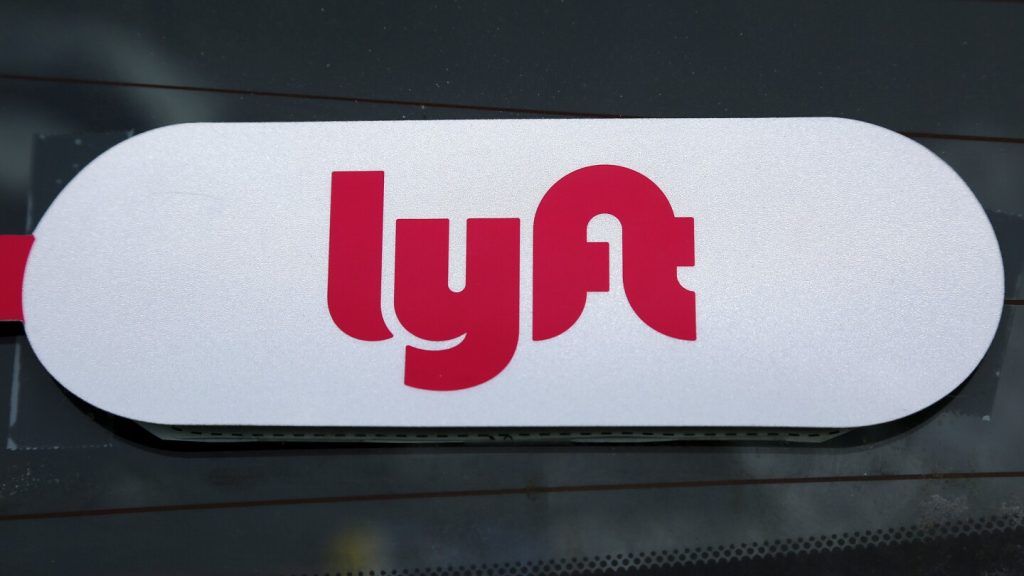Lyft has agreed to pay $2.1 million to settle a lawsuit that accused the ride-hailing service of exaggerating the amount of money drivers could make during the pandemic. The lawsuit was filed by the U.S. Justice Department and the Federal Trade Commission, alleging that Lyft had advertised inflated compensation rates to recruit more drivers as demand for ride-hailing services increased. The settlement prohibits Lyft from engaging in misleading practices and requires the company to pay the $2.1 million.
The lawsuit claimed that Lyft advertised that drivers could make more than $40 per hour in cities like San Francisco, Los Angeles, and Boston, and more than $30 per hour in cities like Atlanta, Dallas, and Miami. However, these figures were based on the earnings of the top 20% of Lyft drivers, making them unattainable for the majority of drivers. The Justice Department stated that it would vigorously enforce the law to prevent companies from misleading Americans about their potential earnings in the gig economy.
Lyft has made changes to many of the practices cited in the lawsuit and is now under the leadership of CEO David Risher. The company acknowledged the importance of transparency in maintaining trust within the communities they serve and agreed to the settlement with the Federal Trade Commission. The settlement was formalized by U.S. Magistrate Judge Peter Kang, who signed the order before it was made publicly available. This settlement marks the resolution of a case that had been ongoing since the Justice Department and Federal Trade Commission began investigating Lyft for its misleading advertising practices.
The case against Lyft highlighted the challenges faced by gig economy workers in terms of earning a fair wage. By exaggerating potential earnings, Lyft was accused of luring drivers into the industry with false promises. The $2.1 million settlement represents a financial penalty for Lyft and a commitment to change its practices moving forward. The company’s agreement to the settlement demonstrates a recognition of the importance of honesty and transparency, especially when it comes to advertising potential earnings to drivers.
Moving forward, Lyft will need to adhere to the terms of the settlement and ensure that its advertising accurately reflects the earnings potential for drivers. The settlement serves as a reminder to other companies operating in the gig economy that they must be honest and transparent in their dealings with workers. As the gig economy continues to grow, regulators will likely keep a close eye on companies to ensure that workers are not being deceived or exploited. The outcome of this case may set a precedent for future enforcement actions against companies that engage in misleading advertising practices within the gig economy.


